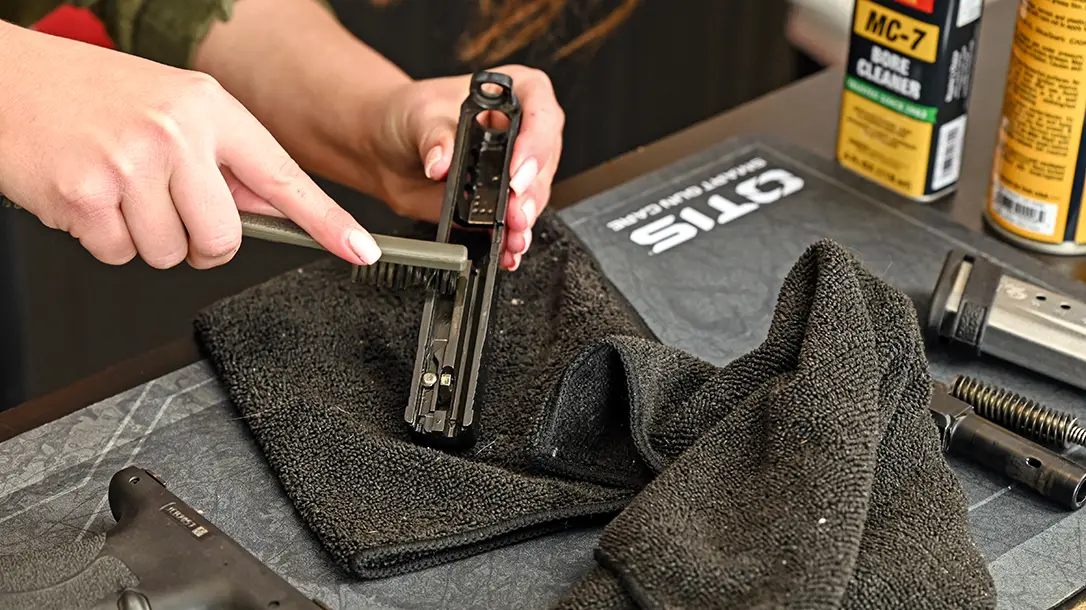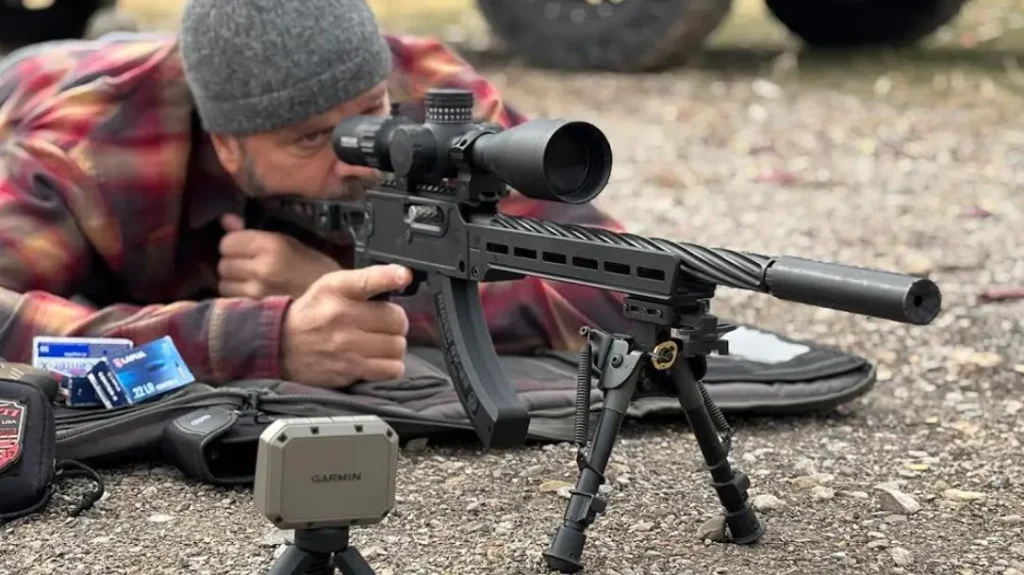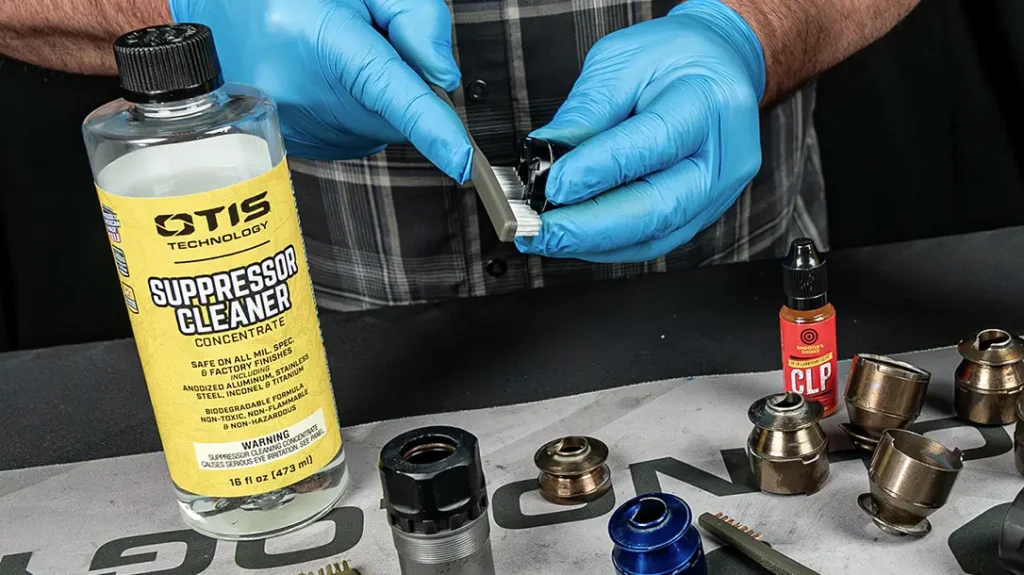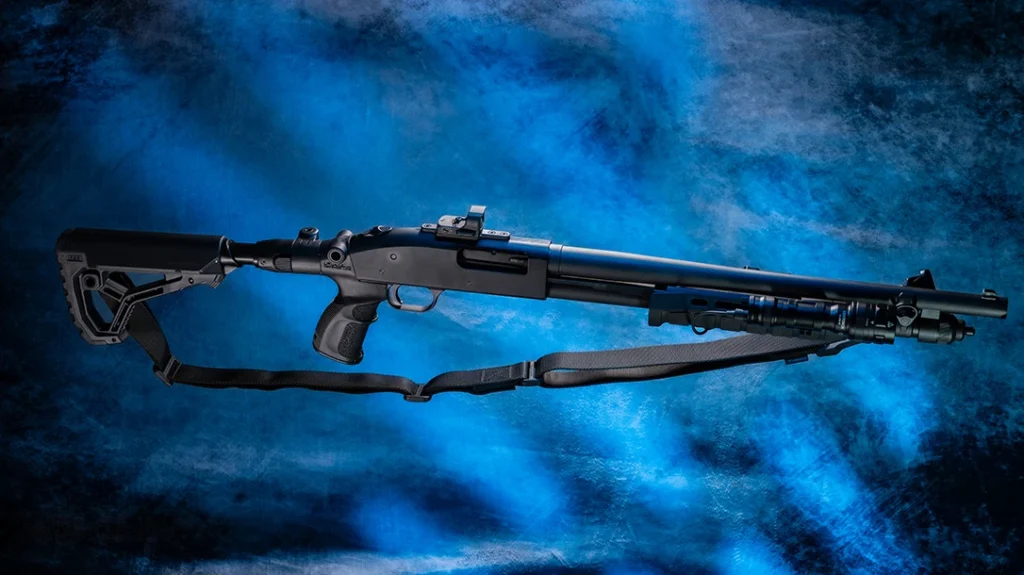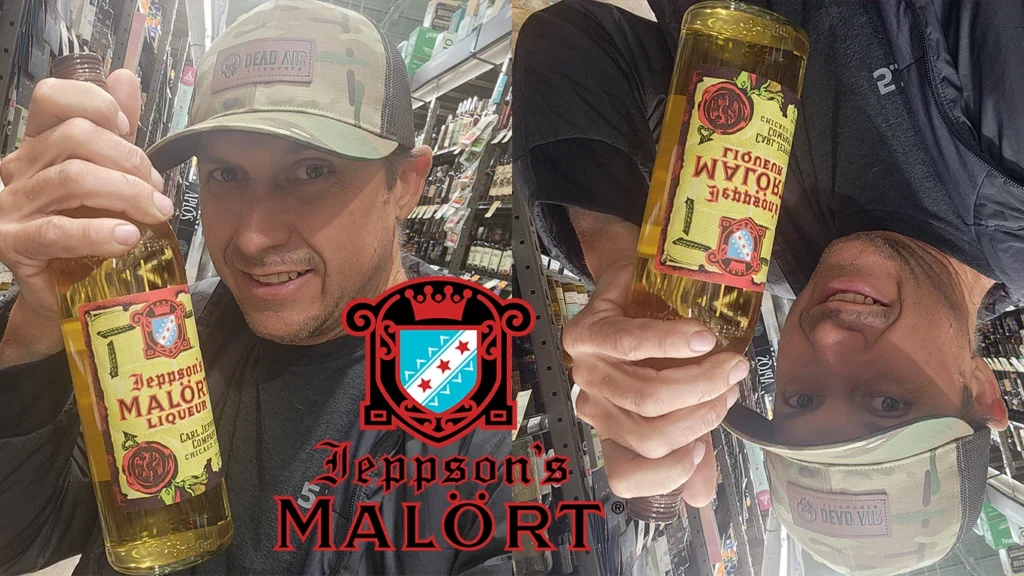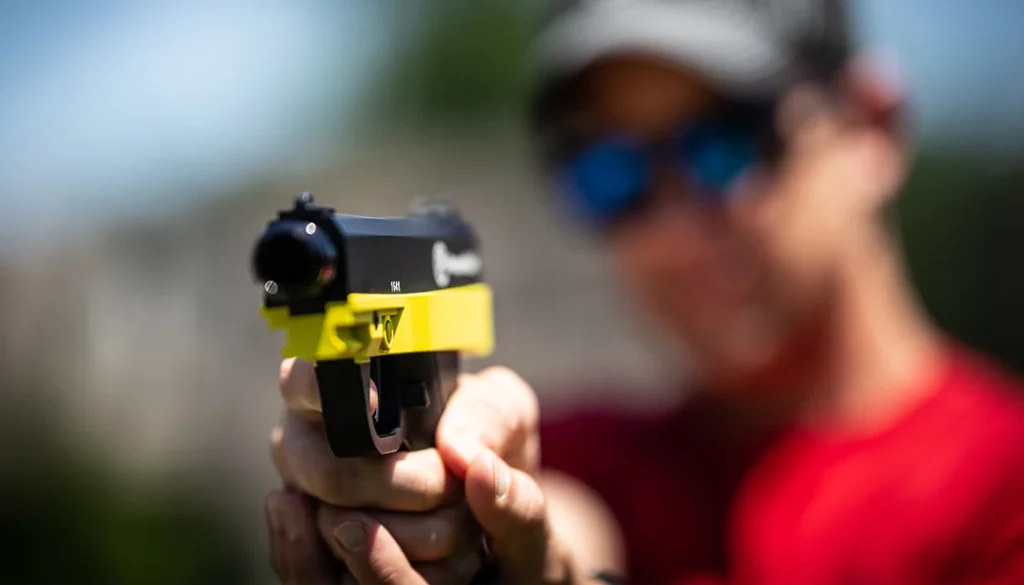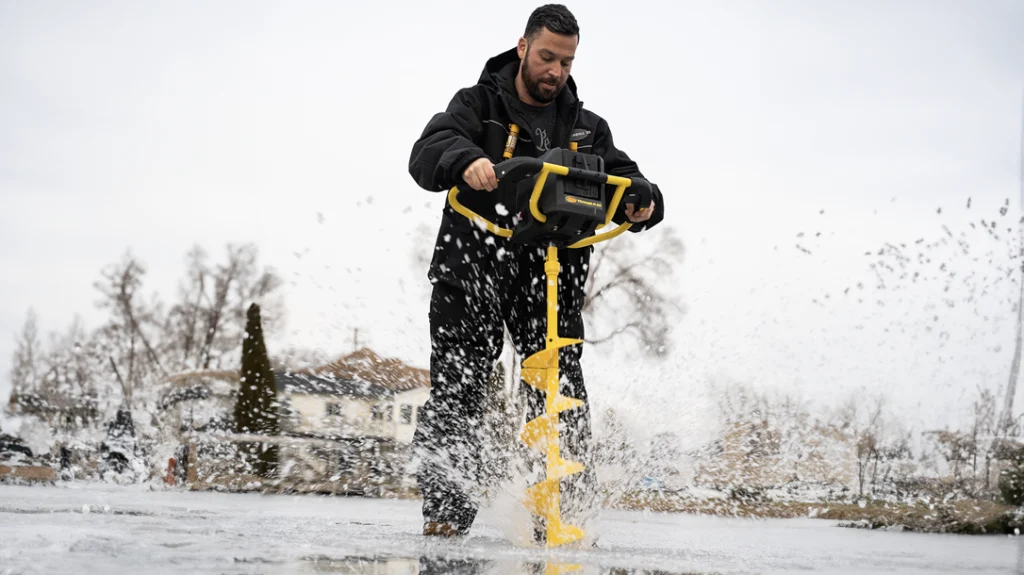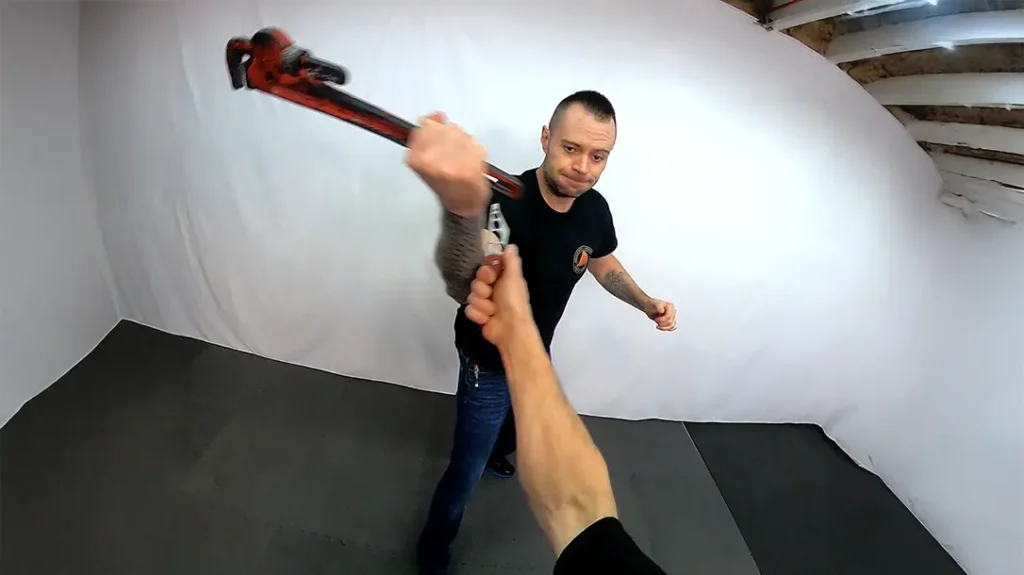From an outsider’s perspective, many people might assume that the sole purpose of cleaning a firearm is to keep it looking pristine. While it is true gun enthusiasts enjoy having their firearms looking like new, regular firearm maintenance has far more beneficial purposes to consider.
Cleaning firearms prevents corrosion and malfunctions. It also increases their lifespan and ensures they keep functioning correctly. Gun care is generally straightforward. But it’s still a good idea to keep your eye out and avoid mistakes, especially as a beginner.
Here are six common mistakes that everyone should avoid at all costs when cleaning their firearms:
Advertisement — Continue Reading Below
Safety Checks
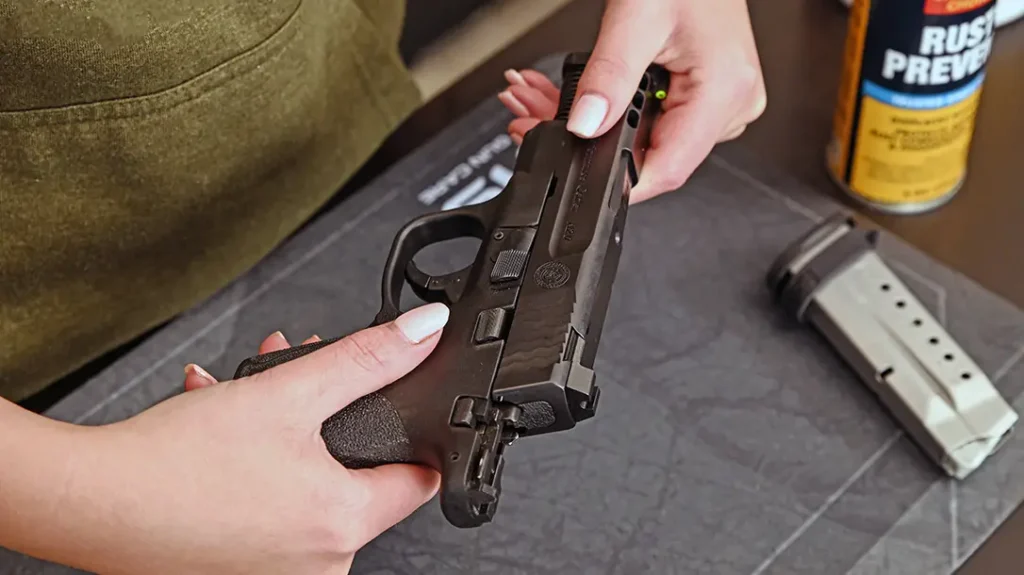
One of the worst mistakes you can make when performing basic firearm maintenance is neglecting to do a proper safety check.
Before you even think about disassembling a gun, it is essential you triple-check to make sure it is not loaded. You must remove the magazine! Then it’s a good idea to rack the slide (or work the action) back and forth while keeping the gun pointed in a safe direction. Finally, you need to manually and visually check that the chamber is empty.
Advertisement — Continue Reading Below
Cleaning a loaded firearm is downright dangerous, idiotic and just asking for trouble to happen. Be smart, do the right thing and put safety first.
Over Lubrication
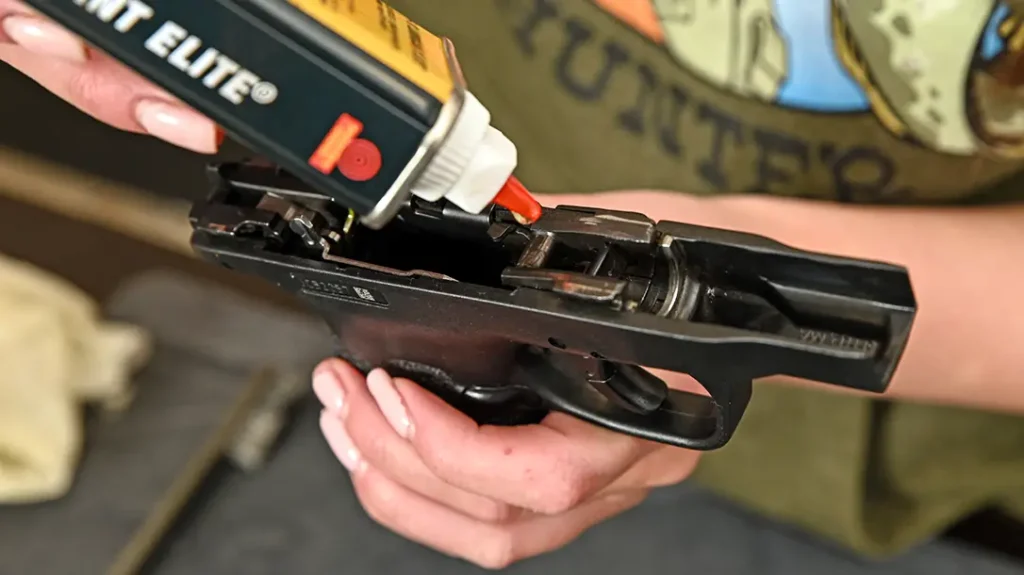
One of the last (and most important) steps in the cleaning process is to lubricate your firearm. Adding lubricants and oils reduces wear and friction. It can also help with rust prevention.
Advertisement — Continue Reading Below
Oil is typically applied to all moving and sliding parts on a firearm, especially where different components rub up, slide or pivot against each other.
Another common beginner’s maintenance mistake can be over oiling or adding too much lubricant. Depending on the circumstances, excess lube on a firearm will attract dirt and dust. This can counter-productively lead to wear or other types of failure, and not to mention that it can get messy. In certain cases, lubricants can make contact with ammunition and seep into the primers and deactivate the priming compound leading to rounds that won’t fire.
For best results, apply light coating of oil and remember that sometimes less is more. It’s also okay to re-lubricate as needed instead of adding too much at first.
Advertisement — Continue Reading Below
Rushing the Process
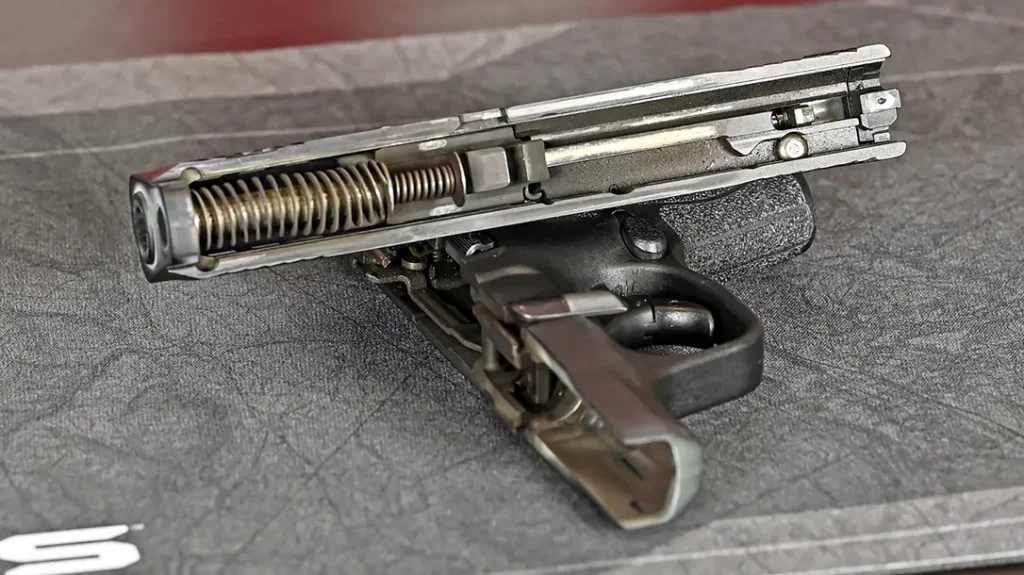
Cleaning a firearm can be a time-consuming process. It can generally last anywhere between ten to thirty minutes. Maybe even longer if you are not familiar with field stripping firearms and putting them back together.
Since this task can take a while to complete. Rushing the job can result in doing the process poorly and lead to a gun not being thoroughly clean. It is crucial to slow down and take your time.
Advertisement — Continue Reading Below
Applying Too Much Force
Even though firearms are durable tools that are designed to contain thousands of micro-explosions from within during their service lives, it can be easy to forget that they should also be handled with care. Especially while cleaning them.
Being too forceful as you work and clean over a gun could end up breaking your firearms parts. It can also increase the wear and tear. Being gentle as you clean is extremely recommended to upkeep the safety and longevity of your firearm.
Take rifle crowns for example. A rifle’s crown is the edge around the muzzle where the bore ends. It’s also the final surface that a bullet makes contact with as it flies out of the barrel. If the rifle’s crown isn’t uniform, that could throw off the bullet for the remainder of its flight to target. You’ve probably seen a quarterback trying to throw a football who has to deal with a defensive lineman that’s trying to block him. Sometimes the lineman will disturb the quarterback’s arm as he’s trying to throw the football which makes the ball fly funny. It’s the same idea.
Advertisement — Continue Reading Below
What does this have to do with forceful cleaning? Using the wrong type of rifle cleaning rod or working it too vigorously can potentially damage the crown.
Not Using the Right Cleaning Chemicals
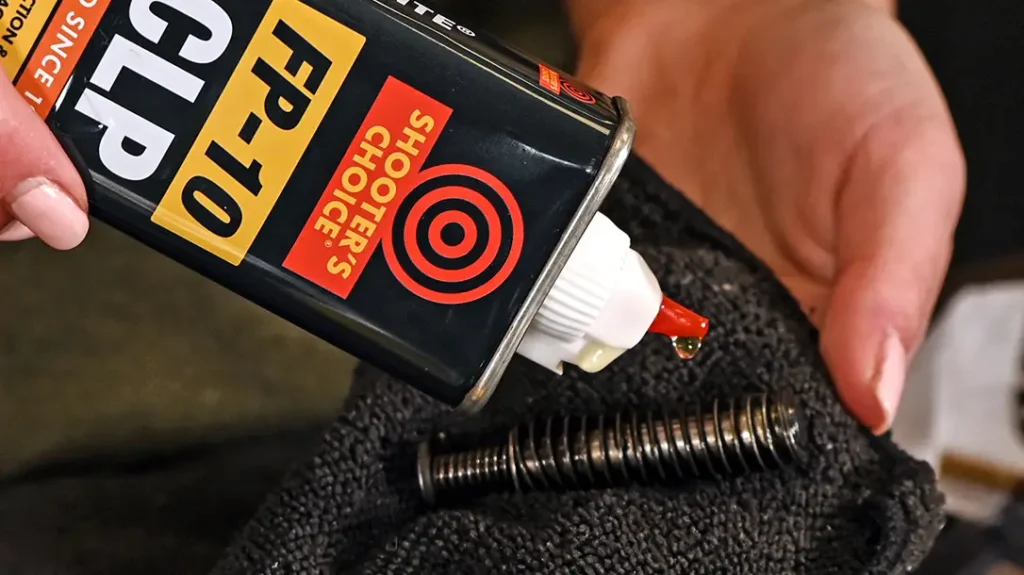
When cleaning your firearm, it is important that you choose solvents that are specifically designed for firearms. Using the wrong kinds of chemicals can ruin not only surface metal finishes but also wood or polymers. This leads to damage and weakens the guns, not to mention it leaves them open to accelerated corrosion.
For the best cleaning results and to save yourself the stress, it is recommended to invest in a gun cleaning kit that already includes purpose-specific and gun-safe chemicals. I like the Otis brand sells for gun care and maintenance.
Lack of Proper Ventilation
Working with solvents and chemicals can be tricky. Chemical fumes and vapors can pose a risk of irritation in the eyes and respiratory system. You must take proper precautions.
To ensure you keep yourself safe, the single most important thing is to work in a well-ventilated space. If not working outside, open a door or window to let air flow through, ideally to outside. You can also turn a fan on to help get air moving too. Just make sure the air has somewhere safe to circulate.
Back Together
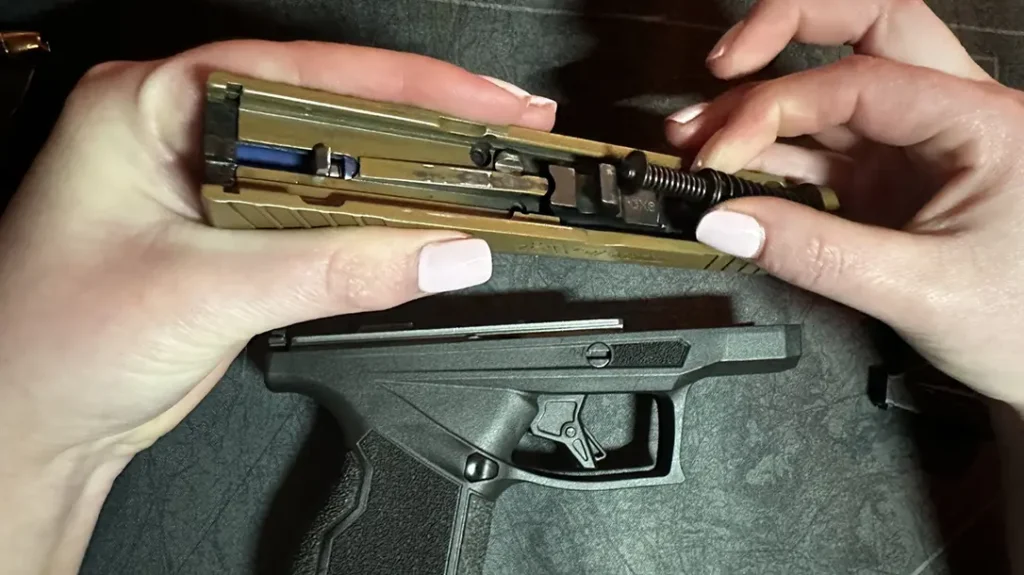
By following proper safety checks, avoiding over-lubrication, taking your time, using the correct solvents and having a well-ventilated work environment, you can not only have a successful firearm cleaning experience, but you can also have a fun and enjoyable time.
